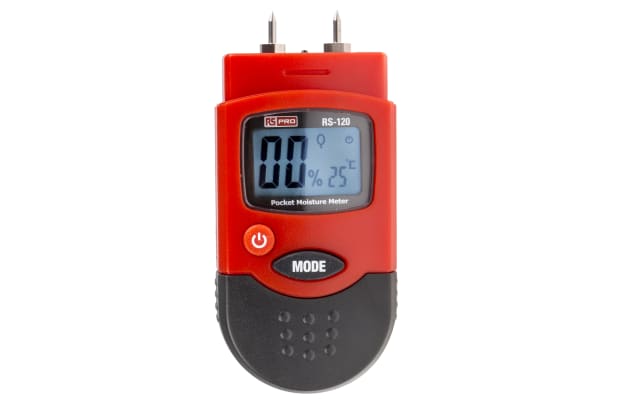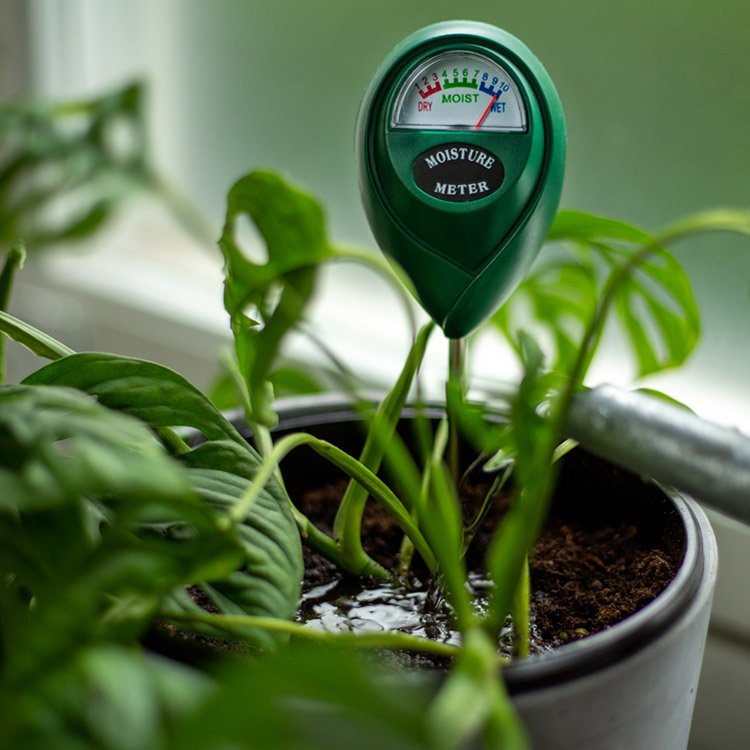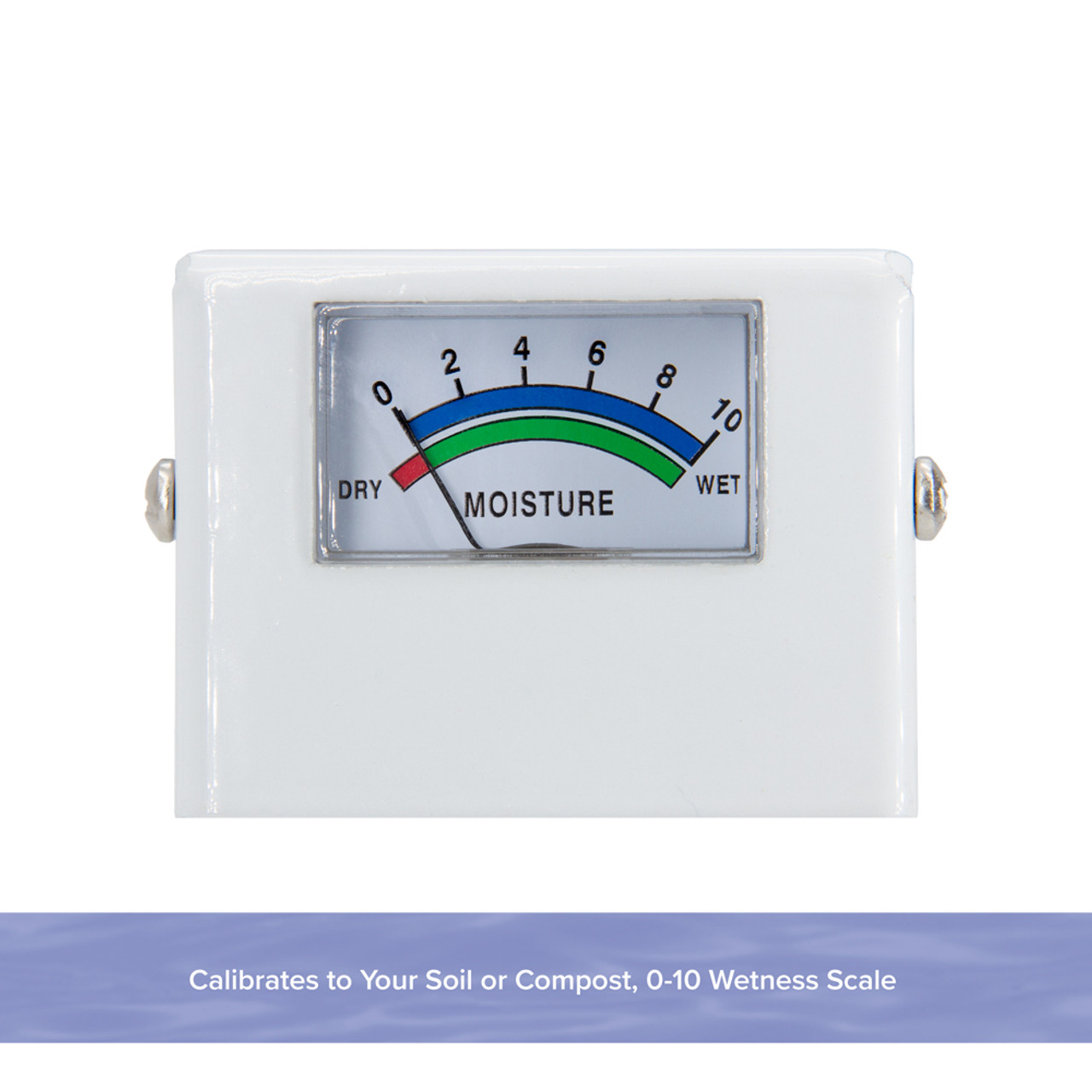The Ultimate Overview to Moisture Meters: A Comprehensive Overview and How They Can Conserve You Cash
In the world of building upkeep, building and construction, and various markets, the relevance of properly determining moisture levels can not be overstated. Wetness meters serve as indispensable devices in finding and monitoring moisture content in products, assisting in preventing costly damages and making sure the top quality of items. Understanding the subtleties of various kinds of moisture meters, their applications, and the prospective cost-saving benefits they offer can be a game-changer for businesses and specialists alike. Discovering exactly how these devices can not just enhance procedures but also add to economic cost savings is a trip worth getting started on.
Sorts Of Moisture Meters
One usual kind is the pin-type dampness meter, which gauges the electric resistance between 2 pins placed into a material. Pinless wetness meters, on the various other hand, use electro-magnetic sensor plates to check a larger area without triggering damages to the material's surface area.
Infrared moisture meters determine the thermal residential or commercial properties of a material to identify its moisture content non-invasively, making them helpful for applications where pin or pinless meters might not be appropriate. Understanding the different kinds of moisture meters available can assist sectors select the most appropriate device for their certain wetness dimension needs.

Advantages of Utilizing Moisture Meters

Moreover, using dampness meters can lead to enhanced energy effectiveness. In farming settings, moisture meters play an essential duty in optimizing plant returns by making it possible for farmers to keep track of soil moisture degrees and make notified watering choices.
Exactly How to Select the Right Moisture Meter
Choosing the proper moisture meter includes thinking about essential factors such as material compatibility, dimension variety, and calibration precision. When choosing a wetness meter, it's vital to make sure that the meter appropriates for the details product you will be testing. Different materials have differing electrical buildings that can influence dampness analyses, so selecting a meter developed for your material is critical for exact outcomes. Additionally, consider the dimension variety of the moisture meter. Make sure that the meter can identify dampness levels within the array needed for your applications. Calibration accuracy is another critical variable to bear in mind (Moisture Meter). Select a moisture meter with reliable calibration to make sure regular and exact readings. Some meters might need wikipedia reference regular calibration adjustments, so understanding the calibration procedure is necessary. By carefully examining these factors, you can select a dampness meter browse this site that fulfills your requirements and gives accurate wetness dimensions for your projects.
Appropriate Techniques for Moisture Meter Use
To ensure precise wetness analyses and take full advantage of the performance of a dampness meter, employing appropriate methods is necessary. When making use of a pin-type moisture meter, put the pins or probes into the material being checked till they make complete call. Ensure the pins are vertical to the surface to get the most accurate reading. For pinless wetness meters, hold the gadget flat against the material and relocate slowly to cover the entire area for a typical reading. It's vital to adjust the dampness meter according to the product being examined to boost precision. Take several analyses throughout the surface area and ordinary them out for a much more trusted outcome. In addition, make sure that the product being tested is adjusted to the environment to avoid skewed readings. Normal upkeep of the dampness meter, such as cleansing the pins or sensing unit, is likewise important to ensure precise and constant readings. read this post here By adhering to these correct methods, customers can depend on their dampness meter to supply trustworthy moisture degrees, helping in preventing costly damages or making sure quality in numerous applications.

Cost Cost Savings Through Moisture Meter Applications
How can the critical use of dampness meters cause considerable price savings throughout various markets? Moisture meters play a vital role in cost financial savings by stopping potential damages and making certain high quality control in various industries. In the agriculture market, dampness meters aid in identifying the optimum time for harvesting crops, stopping excess or over-drying moisture that can affect the last item's quality. This accurate surveillance aids farmers stay clear of unnecessary losses and optimize their return.

In addition, in the food processing industry, moisture meters are essential for keeping track of product top quality and ensuring compliance with safety regulations. By accurately measuring wetness web content in food, makers can stop wasting, preserve freshness, and decrease waste, resulting in substantial price financial savings. Generally, the calculated application of wetness meters is an important investment that can lead to significant price reductions and improved performance throughout different industries.
Conclusion
In final thought, moisture meters are valuable tools for finding and gauging wetness levels in various products. By utilizing the appropriate wetness meter and complying with correct strategies, customers can efficiently avoid expensive damages created by excess moisture.
Wetness meters offer as important devices in spotting and checking moisture content in products, assisting in preventing costly damages and making certain the quality of products. Infrared dampness meters gauge the thermal properties of a material to identify its wetness web content non-invasively, making them valuable for applications where pin or pinless meters may not be suitable.Wetness meters supply vital benefits in accurately keeping track of and examining moisture levels in varied materials and atmospheres. In farming settings, wetness meters play a crucial role in optimizing crop yields by enabling farmers to monitor dirt dampness degrees and make notified watering decisions.In verdict, dampness meters are beneficial devices for gauging and identifying dampness degrees in various products.